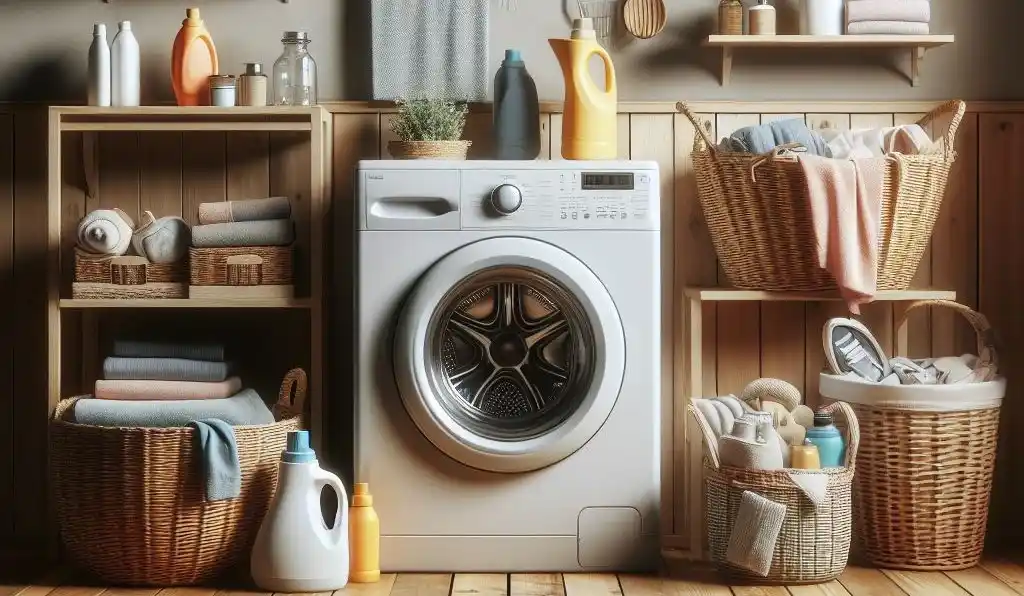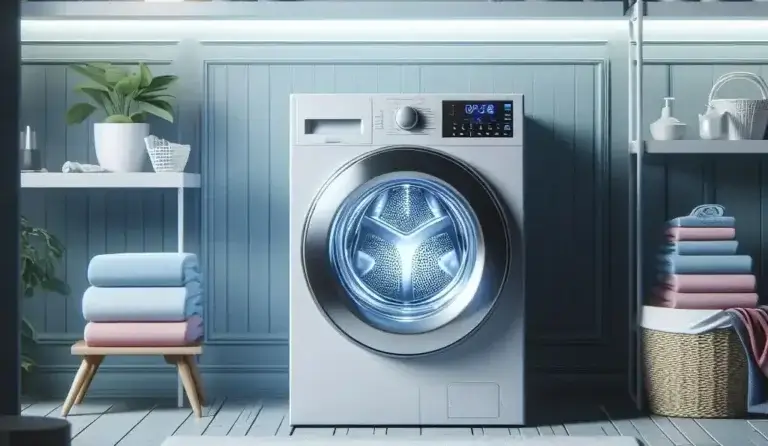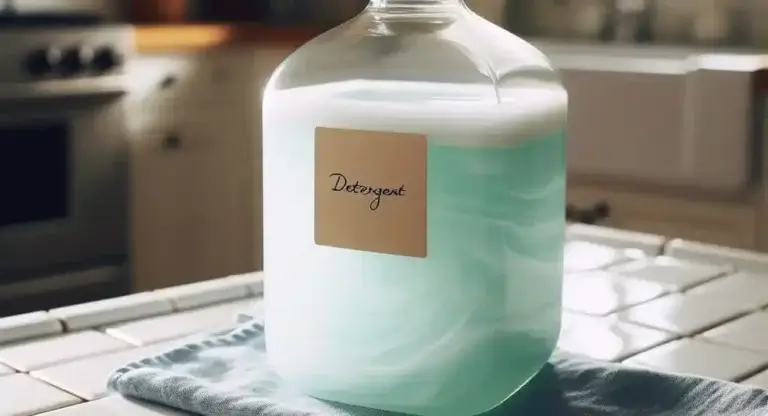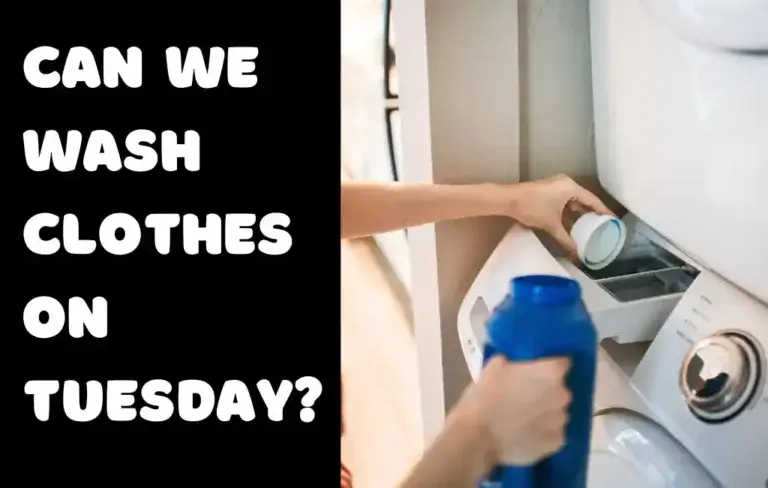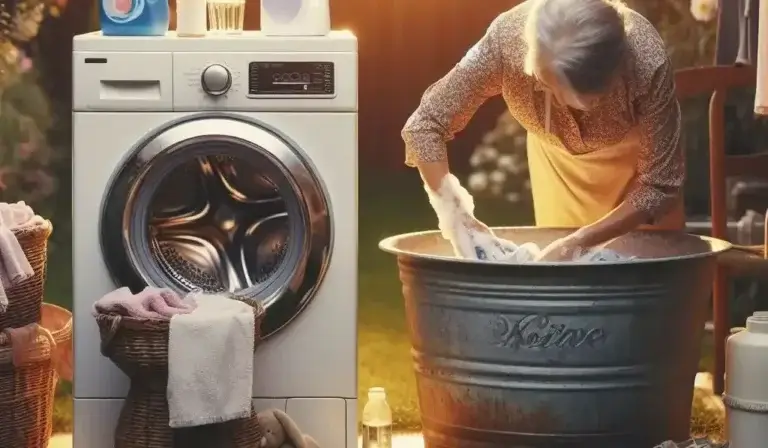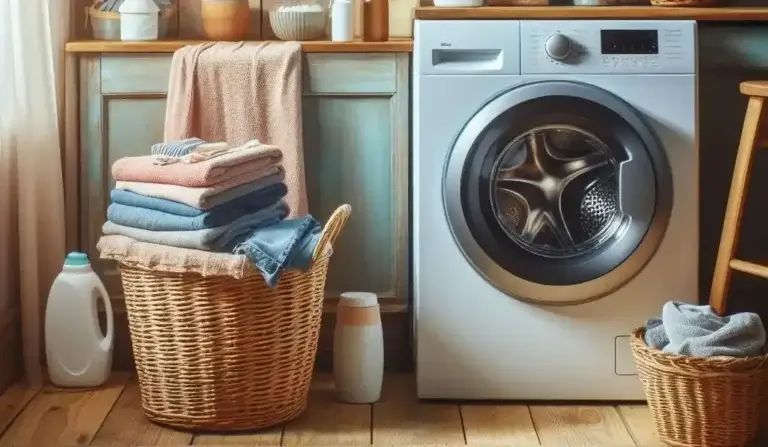Is It Ok to Use the Washing Machine in Freezing Weather: Extreme Cold Temperature can affect your Appliances
Extreme cold weather can wreak havoc on home appliances like your washing machine. Freezing temperatures can cause pipes to burst, hoses to crack, and mechanical parts to malfunction. Using your washer during a deep freeze puts the appliance at risk for damage. But does running a load in cold weather automatically spell disaster? Here’s what you need to know about operating your washing machine in frigid conditions.
In this comprehensive guide, we will explore whether is it ok to use the washing machine in freezing weather and how cold temperatures and freezing and cold weather can affect your washing machine or washer.
Table of Contents
How Cold Temperatures Affect Washing Machines
To understand if it’s safe to run your washer when it’s freezing outside, you need to know how low temperatures impact these appliances. Here are some of the main effects:
Frozen Pipes and Hoses
The pipes and hoses that supply water to your washing machine are vulnerable to freezing. If temps dip below 32°F, water inside the lines can turn to ice and expand, causing cracks and leaks. The hoses, especially those connected to a water supply and directly to the washer, are especially prone to freezing.
Mechanical Damage
Subzero conditions can damage various mechanical parts in your washer. For example, the water intake valve may crack if it tries to let in icy water. Belts, pumps, and seals are also susceptible to contracting and getting covered by snow, making them brittle in the bitter cold.
Electrical System Disruption
The computerized control boards and sensors in your washing machine may act erratically or fail altogether when exposed to freezing air. These delicate electronics were not built to operate in severe cold.
Rust and Corrosion
Metal components like the outer tub of washing machines or ice makers may corrode faster when subjected to repeated freezing. The moisture left after a wash cycle accelerates rust and corrosion in frigid temps.
Will the Garage or Basement Freeze My Washer?
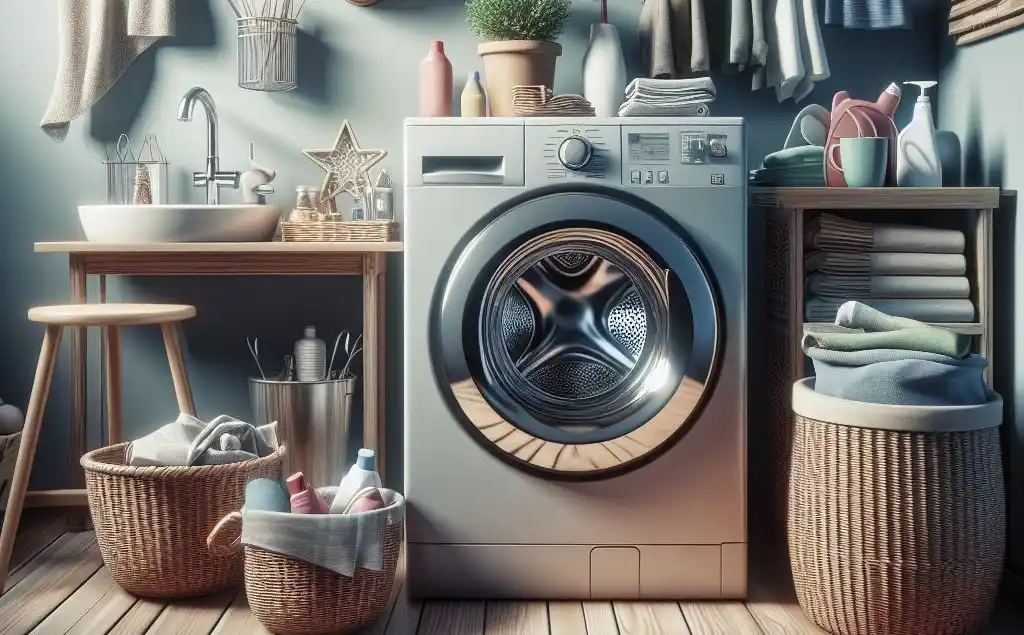
Many homeowners keep their washing machines and ice makers in an unfinished basement or uninsulated garage, where temperatures can damage them. These areas often experience freezing conditions during winter. So can running your washer here damage it? Let’s dig into the details of keeping your machine above freezing temperatures and preventing it from getting covered by snow.
Basement Temperature Concerns
While basements tend to stay warmer than the outdoors in winter, temperatures frequently drop below freezing down there. If you disconnect or insulate your washing machine during the regular winter weather, the basement drops under 32°F, so using the washing machine is risky. The water lines may freeze up even if the appliance itself seems okay in the cold.
Is the Garage Safe for Washing Clothes?
Attached garages are slightly warmer than detached versions in winter. But without insulation, drywall, and heat, either type usually gets extremely cold. The freezing air makes a garage the worst place at your house for doing laundry when it’s frigid out.
Getting Through Cold Snaps
In regions with relatively mild winters, homeowners may get away with running the washer during short cold snaps of a week or less. But during sustained arctic blasts, subzero garage or basement temps will damage your home appliances like washing machines and ice makers if used.
Safest Setup for Cold Climates
If you live where subzero weather persists for weeks, it’s best to situate your washing machine in a heated area of the home. Installing it in the basement is possible if you insulate the space and supply supplemental heat as needed to keep temps above freezing. These measures also help prevent frozen pipes.
Steps to Prevent Freezing Problems
You don’t necessarily have to stop doing laundry or using your ice maker for the whole winter if you take some proactive measures to protect them from the cold. Here are tips to avoid frozen appliance issues:
Insulate Hoses and Pipes
Wrap all water supply pipes and hoses leading to your washer with special insulation sleeves. This slows heat transfer to help keep water flowing freely. Secure the insulation tightly and cover all exposed areas.
Heat the Area
If your washer is in an unheated basement or garage, use a small electric space heater to keep surrounding temps at least 40°F when doing laundry. Position the heater carefully to avoid fire risks. Never leave the water onto the unit unattended or while sleeping.
Disconnect Hoses
When bitter cold sets in, completely disconnect the supply hoses from the back of your washing machine. Disconnect or insulate your washing machine lines. This eliminates direct exposure to freezing temps and prevents pipes from freezing. Reconnect them only on days when you do laundry, allowing the hoses to thaw first if icy.
Drain Pipes Before Freezing Hits
As winter weather approaches, make it a habit to drain the water supply pipes overnight and whenever away from home for over 8 hours. Opening taps to keep water moving within pipes also helps prevent freezing on extremely cold days.
Check Garage Before Starting
On questionable days, monitor garage temps for at least one hour before running your washer. Ensure readings stay 35°F or warmer the whole time. Never start a wash cycle if below freezing.
Is It Ok to Use the Washing Machine in Freezing Weather

Whether it’s OK to use your washing machine in freezing weather in the USA depends on several factors:
Where the washing machine is located:
- Indoors with heated environment: this can prevent pipes from freezing. This is generally no problem. Modern washing machines are designed to operate in normal indoor temperatures. However, If the machine is near an outside wall, unheated space, or around your HVAC unit, it may need to be kept above freezing. consider taking precautions like insulating the hoses or running the machine during warmer parts of the day.
- Outdoors or in unheated spaces: This is not recommended as freezing temperatures can cause serious damage. Water in the hoses, valves, and pumps can freeze, potentially leading to cracks, leaks, and burst pipes.
How cold it is:
- Mildly cold (above 32°F or 0°C): You should be fine using the machine as usual.
- Freezing temperatures (below 32°F or 0°C): This is where potential problems arise. If you must use the washing machine, Take extra precautions like keeping the area around your HVAC unit clear or making sure there’s airflow on all sides of the washer.
- Insulating the hoses with pipe insulation.
- Disconnecting the water lines when not in use.
- Running the machine while the indoor temperature is warmer.
- Choosing cycles with warm or hot water to prevent freezing within the machine.
Additional considerations:
- Detergent effectiveness: Cold water can affect the cleaning power of some detergents and cause the water intake valve to freeze. Choose detergents formulated for cold water or use warm or hot water settings if available.
- Drain lines: Ensure washing machine lines and ice maker drain lines are not exposed to freezing temperatures, as frozen lines can cause backups.
Safety tip: Maintain a temperature above freezing in the garage to avoid damage to your home appliances, especially those vulnerable to extreme cold. Regardless of the temperature, To avoid freezing, always turn off the water supply valves to the washing machine after each use, or consider disconnecting or insulating the hoses. Disconnect or insulate your appliances; this helps prevent leaks and potential water damage due to freezing in the garage.
Using your washing machine in freezing weather can be risky, This is especially essential for outdoor or unheated locations vulnerable to extreme cold. If possible, Wait until temperatures rise above freezing, or take extra precautions like using a space heater to avoid damage. When in doubt, always disconnect or insulate the hoses, especially when temperatures dip below freezing. err on the side of caution and consult your washing machine’s manual or manufacturer’s recommendations.
What to Do If Your Washer Freezes
Even if you take all the recommended preventative measures, icy conditions may still end up freezing your washing machine. Here’s what to do next:
1. Turn Off the Power and Water
As soon as you suspect freezing, immediately turn off the power to your washer at the circuit breaker and shut off the water valves supplying the hoses. This reduces further damage.
2. Disconnect Hoses
Removing the water lines from the appliance prevents bursts or cracks from spreading. Carefully disconnect them from the back of the washer.
3. Allow Gradual Thawing
Don’t hasten thawing with direct heat sources. Let your washer and ice maker slowly warm up over 12+ hours to avoid damage from freezing. This gives ice time to melt gently instead of cracking components.
4. Inspect for Leaks and Damage
Before using your thawed washing machine, carefully check it over. Look for leaks in your ice maker and washing machine, make sure water flows properly, and test functions. Contact a technician if repair is needed.
5. Take Added Winter Precautions
Review the cold weather strategies above and determine what additional steps to take to keep your appliance safe through the rest of winter. Customizing protections to your situation reduces risk.
FAQs About Using Washers in Winter
Have more questions about running your washing machine in freezing conditions? Here are answers to some frequently asked questions about how freezing temperatures can damage your home appliances:
Is it safe to use my washer in the winter if the room temperature drops below freezing at times?
No, you should avoid running your washing machine if interior room temps dip under 32° even briefly. The cold, regular winter weather can still damage components of your home appliances. Wait until the room warms to over-freezing before doing laundry.
My washer sits next to a poorly insulated outside wall. Will this cause it to freeze easier?
Yes, exposure to a cold exterior wall conducting heat out increases the risk your washer will freeze, especially the hoses. Add insulation between the appliance and wall or relocate the machine if possible.
I have a top-loading washer. Is that model safer to use than a front-loader in winter?
Top-load washers that fully drain after cycles are slightly more resistant to minor freezing. But once temps drop far enough, any washer can freeze. Don’t rely solely on washer type to prevent damage in extreme cold.
Can running the washer in freezing weather void the manufacturer’s warranty?
Possibly yes. Most warranties exclude coverage for problems caused by improper winterizing, use in temperatures below the approved range, or letting the appliance get covered by snow. Check your terms and manual to be sure.
My washer makes loud banging noises when used in winter. What’s wrong?
Those symptoms likely indicate frozen or damaged hoses hammering water against constricted valves, particularly if temperatures dip below freezing. Immediately stop using the machine when noises start, as serious issues are developing. The washer, particularly those connected to a water supply, needs repair before continuing use.
Conclusion: Winter Washing
Protecting pipes and appliances from freezing is extra challenging during extreme cold spells. However, being proactive reduces the chances of ending up with burst lines or a disabled washing machine. Monitor conditions vigilantly, follow winterproofing protocols, and avoid running wash cycles when temperatures dip dangerously low. Staying alert gives you the best opportunity for safe, damage-free laundry all winter long.

